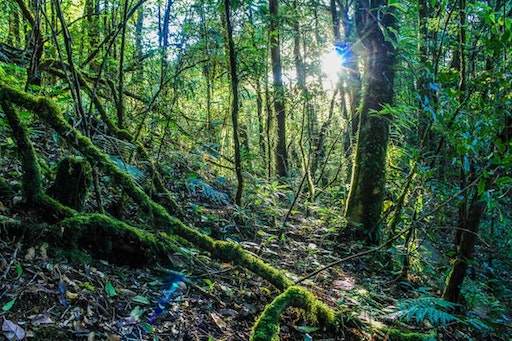A few months ago, climate change represented one of the biggest threats to the planet. The coronavirus pandemic has not really changed that. Yes, the COVID-19 outbreak has broken the back of many economies – developed and emerging – and left entire sectors like aviation, tourism and hospitality looking at bleak prospects. In the post corona universe, the discourse on climate change has been pushed to the background, yet it continues to remain as big a threat as ever.
Climate change and the havoc it is likely to wreck on the global economy may not be as fast-moving as COVID-19, yet the impact is going to be far more serious. Why? Because there is no panacea or vaccine for global warming.
With each passing year, the economic and industrial impact linked to climate change event is growing larger. Temperature rise was one of the factors that contributed to rampaging wildfires in Australia and California, resulting in millions of dollars of damage. Rising sea levels are likely to put millions of people in coastal countries like Vietnam, Bangladesh and Thailand at risk, thus impacting value chains worth trillions of dollars. Water scarcity is an increasing threat that puts at risk not just the viability of manufacturing plants but also food systems all over the world.
India is not insulated, indeed, with large coastlines and a 1.4 billion population to feed, the nation is on the frontline of the climate battle. A report by the Centre for Science and Environment stated that India witnessed one extreme weather event almost every month in 2018 and 2019, with an increasing number of deaths relating to weather events. According to the UN Office for Disaster Risk Reduction, climate change disasters have cost India around $79.5 billion in economic losses in the last 19 years. The World Bank also estimates that climate change can shave off nearly 3 per cent from India’s GDP. Post COVID-19, no nation, India included, can afford to take on this kind of negative impact. It is a threat to the very survival of human habitats and the foundation of human economic activity.
Clearly, it is way beyond time that individuals and organisations step up to face this challenge. Sustainable development calls for companies to commit to a steady reduction in carbon footprints, greenhouse gas emissions, energy and water consumption, material consumption, solid and liquid waste, and so on. Companies with one eye on the far horizon have assiduously committed resources for climate change mitigation.
For instance, Mahindra has announced that it will become carbon neutral by 2040. It’s green business initiatives that take climate change into account include strategic investments in the EV space and energy-efficient real estate ventures. Last year it took on the plastic and non-recyclable waste problem by launching its #CutTheCrap campaign.
At Godrej, we are driving several climate initiatives under our Good & Green sustainability programme. In our drive to become carbon neutral, we have successfully reduced our specific carbon emissions by more than 55% from the baseline. Our renewable energy portfolio will grow from the current 50% level to nearly 70% by 2025. We are probably one of the few water positive groups in India – we put back almost five times as much water into the ecosystem as we draw from it. To achieve this, we funded community watershed projects in four states that generate ~ 20 million m3 of water every year. Like Mahindra, we are also signatories to the global EP100 energy initiative. By 2025, we will ensure that one-third of the group’s entire product portfolio has a smaller environmental footprint than in 2020.
Tata companies have taken several steps to reduce carbon footprints. Tata Power has launched campaigns to convince millions of consumers to reduce energy consumption by switching off unnecessary lights and devices through a community awareness advocacy initiative called Club Enerji. Tata Chemicals has adopted solar power and bulk shipping initiatives to lower its emissions. A consistent focus on climate change measures have led to Tata Consultancy Services and Godrej Consumer Products being recognised in the Dow Jones Sustainability Index.
As responsible companies, we have taken the lead in the climate change effort, with the firm understanding that sustainability initiatives are also the strategic move for companies with a long term horizon. The reality is that climate change comes with a slew of business opportunities — higher productivity, cost savings, new value chains in shared mobility, digital businesses, high yield agriculture and alternative fuels, and many more. The smart move for organisations is to quickly climb on to the green bandwagon. Climate action is here to stay and it falls upon individuals, nations and enterprises — a planetary effort, no less — to press the rewind button.
Views of the author are personal and do not necessarily represent the website’s views.
 Ramnath Vaidyanathan is General Manager, Sustainability at Godrej Good and Green. He has more than a decade of experience in the environment, energy and water sector, in a wide range of roles from regulatory/policy, to process engineering, operations, strategy advisory, business development, business strategy and product development and management.
Ramnath Vaidyanathan is General Manager, Sustainability at Godrej Good and Green. He has more than a decade of experience in the environment, energy and water sector, in a wide range of roles from regulatory/policy, to process engineering, operations, strategy advisory, business development, business strategy and product development and management.
Thank you for reading the column. Please drop a line and help us do better.
Regards,
The CSR Journal Team


